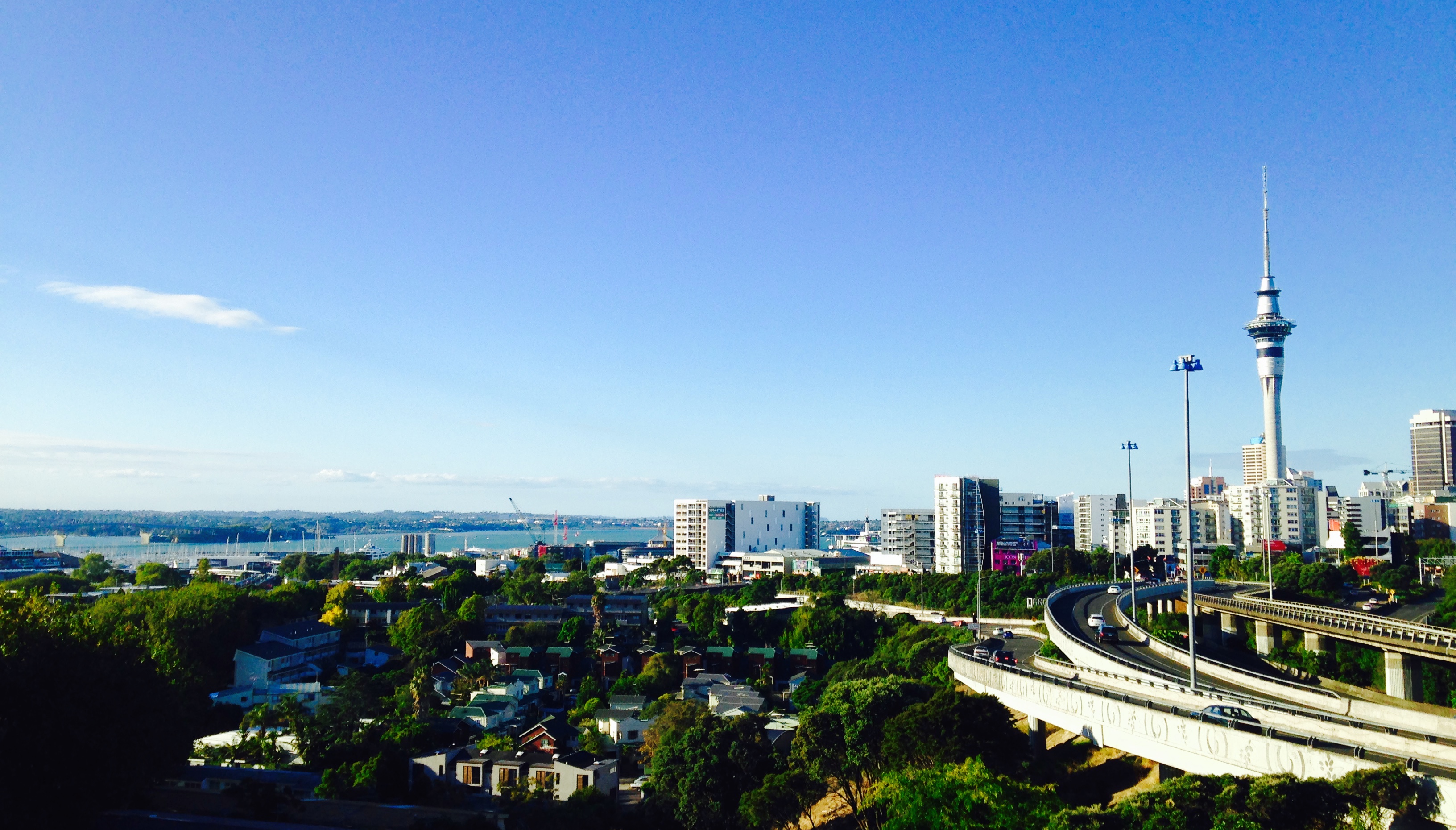
“If there was a definitive end date to all of this, I can at least wrap my head around it,” I told my Dad last weekend, taking a swig of Ballast Point’s pale ale. We were in my parent’s backyard, sitting six feet apart. That weekend in April, the San Diego sky dried up after days of rain. The sun warmed my skin, and the sensation felt restorative––a simple pleasure that, when coupled with a brief, socially distanced visit to my family after only brief (masked and gloved) human encounters at the grocery store, I know is critical to maintain my optimism and sense of order right now. Lately, I’ve felt unmoored; like I’ve been holding my breath for a month, waiting to exhale. It’s uncomfortable, daunting, and I don’t like it.
Beyond the tangible harm coronavirus has caused, experts agree that the root of our collective anxiety is grounded in the unknown. “This is an invisible threat: We don’t know who is infected, and anyone could infect us. This is an ambiguous threat: We don’t know how bad it will get … we don’t know how long it will last. And this is a global threat: No community is safe,” Roxane Cohen Silver, a professor of psychological science, medicine and public health at the University of California, Irvine, told Mother Jones in an interview.
As we enter another week of self-isolation and social distancing, and wait for health and government officials to signal a phased return to the way we moved through the world before coronavirus, I’ve turned to consuming media offering different, more positive ways to think about universal themes of change and uncertainty. It’s just one of many ways I’ve been trying to exert control during a time when I feel like I have none. Here’s what I found:
Reinvention episode, TED Radio Hour
In 2020, Manoush Zomorodi takes over hosting duties of the TED Radio Hour from Guy Raz. She’s the author of Bored and Brilliant, which is all about how boredom and idleness helps creativity—I’ve read it twice. This TED Radio Hour episode is Zomorodi’s inaugural show, and through a number of thought leaders like the former UCLA Women’s Gymnastics coach and the mayor of Stockton, California, listeners are asked to consider themes of collaboration and empathy in order to reframe how we think about success and transformation.
Is That Nostalgia You’re Feeling? by The Atlantic
Reading about how and why we miss our pre-pandemic lives as a form of nostalgia, even though the past wasn’t that long ago immediately made me think of the Portuguese concept of saudade. In simplistic terms, I’ve come to learn that saudade probably feels like nostalgia—a longing for something (a person, a place, a moment) that may or may not happen again.
A particularly encouraging thought in The Atlantic piece reads that nostalgia “…can help you remember that there are people in your life who care about you, that you have felt better than you do now, and that you will be able to feel good again in the future.”
Finding Connection and Resilience During the Coronavirus Pandemic, The New Yorker
Nothing beats in-person connection (I’ll take a socially distanced coffee date in my parent’s garage over a phone call any day), but if this pandemic has taught us anything, it’s underscored humanity’s need to be with, and live for each other. Even though the end of this New Yorker article is unsettling, I love this quote from Agustín Fuentes, an evolutionary anthropologist at the University of Notre Dame, “One of the amazing things about the human species—once harmless critters not much more than monkeys running around—is that, over time, we have become very creative. We’ve adapted to survive. That’s what people will rely on now—coming up with incredibly imaginative ways to find connections even when they’re not in the same physical space together.”
What about you: Have you read, listened to, or watched anything lately that has offered an uplifting perspective on making sense of the coronavirus pandemic? Let me know in the comments.
Connect with The Curious Passport
- Keep up with my real-time travels and eats from San Diego and beyond on Instagram
- Join me on Facebook
- Support my immersive, sensorial travel and food journalism: send me a coffee!



